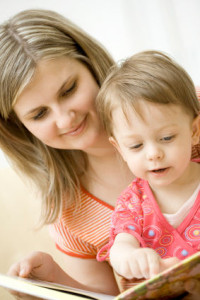Once a child develops a rash, most parents end up worried especially if it develops on the face. Oftentimes, the rash has a specific cause and once that cause is determined and dealt with, the rash heals on its own. In some cases, there is no exact cause for the rash and tends to linger, thus causing discomfort and aesthetically unpleasant. A good example is facial eczema that can affect both adults and children.
What is eczema?
Eczema is a form of dermatitis that causes inflammation of the skin from an undetermined cause. Take note that there is a familial tendency for this skin condition where children whose parents have asthma, eczema or hay fever are more likely to develop the condition that children whose parents do not have the condition.
Some infants and young children experience eczema where some develop signs and symptoms of the skin condition in the first year of life. Some will display signs of eczema within the initial 5 years.

What are the signs and symptoms?
The most common symptoms of eczema include dry, itchy skin. It most cases, the skin can become scaly or exhibit small-sized bumps that weep clear liquid if scratched open. There might be swelling and redness of the affected area.
The usual spots where eczema erupts in the body tend to vary by age. It is important to note that infants and young children often experience eczema on the face, on the knees and outside the elbows. As for older children and adults, they exhibit eczema on the hands and feet as well as on the arms and back of the knees.
Treatment
Always bear in mind that eczema has no cure even today and while the direct cause remains undetermined, exposure to certain things can trigger a flare-up. Observing the child can help determine the possible source of the flare-ups so that you and the child can avoid them if possible. The doctor might prescribe a topical treatment for the eczema and must be applied as directed and monitor the effectiveness.
Depending on the severity of the eczema flare-up, the child might be prescribed with oral medications. In most cases, phototherapy might be used on adults as well as children 12 years and older.
When to consult a doctor
Some children who end up with eczema as infants exhibit full resolution of the condition by the time they reach 2 years old. When an infant or child develops eczema, it has the tendency to improve over time.
Important considerations to bear in mind
Once a child is suspected with eczema, a doctor should be consulted in order to come up with a treatment plan suitable for the child. It is recommended to avoid using harsh soaps, shower or bathe in lukewarm water, dress the child in light clothes and bedding as well as following a good skin care regimen at all times. Remember that sweating can oftentimes worsen eczema.
